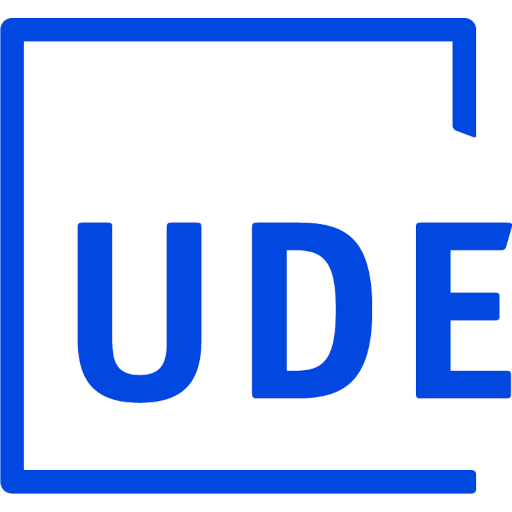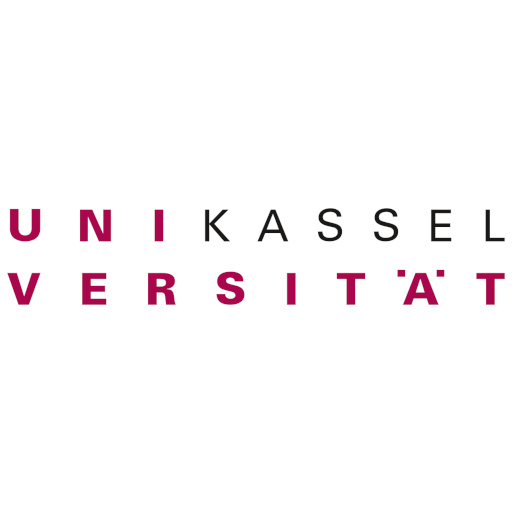To participate in MysteryTwister, you need to register and submit your solutions. The website automatically verifies solutions for challenges of level 1 to 3. The solution can be the plaintext, the key, or a secret codeword hidden in the plaintext. If your answer is correct, you receive points and appear in the Global Hall of Fame. The top three successful code breakers for each challenge are recognized in the Challenges Hall of Fame. You have a limited number of attempts for each challenge, so it's important to ensure the correctness of your answer before submitting. Once you exhaust all attempts, you cannot submit additional answers for that specific challenge. Level X challenges are not automatically validated. If you solve a level X challenge, you need to contact the MysteryTwister team via email. They will check your solution, and with your permission, publish your results.


Prof. Alexander May's Chair of Cryptanalysis is part of the Faculty of Computer Science and the Horst Görtz Institute for IT Security at Ruhr University Bochum. The chair is co-responsible for the development and maintenance of MysteryTwister. MysteryTwister is also supported by the Cluster of Excellence CASA.

The research institute CODE at the Bundeswehr University in Munich networks experts for cyber security from research, the military, business, industry, public authorities, and associations. Since end of 2019 the complete CrypTool project is hosted there, supervised by Prof. Arno Wacker. In 2023 Prof. Wacker became the new head of CrypTool project.

The Distributed Systems Research Group at the University of Duisburg-Essen is headed by Prof. Torben Weis. The group was established in 2007 and belongs to the department of Computer Science. Research areas include peer-to-peer systems, security in computer networks, context-aware applications, distributed systems design, and model-driven software development. One of our projects is coordinating the development of the open-source software CrypTool 2. The goal of this project is to improve the teaching of security and cryptography. We have been using CrypTool 2 across all levels of education with great success. We want to continue to increase the public awareness of cryptography, because its applications are of utmost importance in the digital world, although most users remain unaware of how cryptography works and fits into the scheme of computer security. For the very same reasons we support MysteryTwister.

Mark Stamp can neither confirm nor deny that he spent seven years as a National Security Agency cryptanalyst. However, he can confirm that he spent two years as Chief Cryptologic Scientist at a small Silicon Valley startup. Since 2002 he has been a Professor in the Department of Computer Science at San Jose State University, where he teaches courses in information security. He has published a substantial number of research papers and several textbooks. His second textbook, Applied Cryptanalysis: Breaking Ciphers in the Real World (Wiley-IEEE Press, 2007) was the inspiration for several challenges problems posted here.


